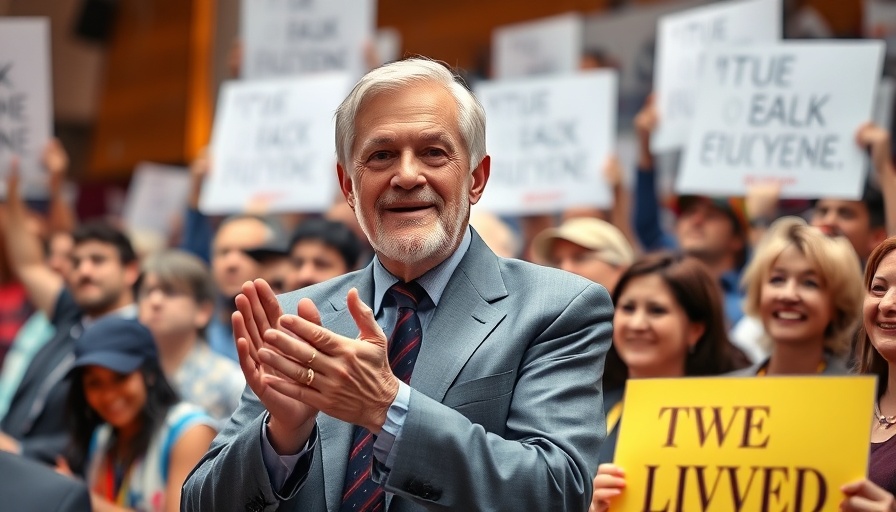
The Alarming Vandalism of Jewish Businesses in Toronto
In a shocking incident that has sent shockwaves through the community, three businesses in Thornhill, a Toronto suburb known for its quietude and vibrant Jewish culture, were vandalized over Passover. Among the establishments targeted were beloved local spots, My Zaidy’s Pizza and Shaynees Gifts, both of which witnessed looting as cash registers were broken into. This violent act not only affected the individual owners but also struck at the heart of a community that prides itself on solidarity and safety, leaving residents to contemplate the motivations behind this crime in an area historically untroubled by such incidents.
Wider Implications of Hate Crimes
The vandalism of these businesses comes against a backdrop of rising antisemitism across Canada and beyond. According to recent statistics, there has been a significant uptick in hate crimes targeting Jewish individuals and properties over the past few years. Such incidents are not merely attacks on property but are seen as threats against the values of diversity and harmony cherished by many communities.
Responses have varied; while some community leaders call for greater police presence and more robust legal measures against hate crimes, others emphasize the need for educational programs aimed at fostering mutual understanding among different cultural groups. This incident in Thornhill mirrors similar outbursts in cities worldwide, making it part of a disturbing global trend that challenges societies to cultivate inclusive environments.
Understanding the Motivations Behind the Vandalism
Many have questioned what drives individuals to commit such acts. Psychological experts suggest that vandalism, particularly targeted at ethnic or religious groups, is often fueled by ignorance, hate, or social unrest. The increased visibility of extremist groups in various regions has created an environment where these negative ideologies can flourish, posing a significant challenge to communities that wish to maintain peaceful coexistence.
As discussions surrounding this incident unfold, it's crucial for those in leadership positions—be it in government, policy, or community organizations—to address the underlying societal issues that contribute to the prevalence of hate crimes. By educating the young and promoting awareness, communities may work towards prevention and healing.
The Role of Media in Reporting Hate Crimes
Media coverage of hate crimes plays a critical role in shaping public perception. Responsible journalism not only highlights these incidents but also provides context and understanding. It can provoke community action and awareness, urging citizens to unite against intolerance. With the rise of social media, how these stories are shared and discussed becomes equally significant; misinformation and sensationalism can further exacerbate tensions instead of promoting dialogue.
In the case of the Thornhill vandalism, ongoing media scrutiny will be essential to ensure that the issue does not fade into obscurity. A robust public discourse surrounding such events can galvanize communities and inspire collective efforts to combat hatred in all forms.
Call to Action: Uniting Against Hate
As we reflect on the vandalism of Jewish businesses in Thornhill, it is essential for communities across Canada and beyond to unite against hate. Whether through educational initiatives, stronger policies, or grassroots movements, every effort counts in building a more inclusive society. We must support our local businesses that contribute to the rich tapestry of our communities, ensuring that such vile acts are met with a resolute, compassionate response. Together, we can create a society where diversity is celebrated rather than targeted.
 Add Row
Add Row  Add
Add 




Write A Comment